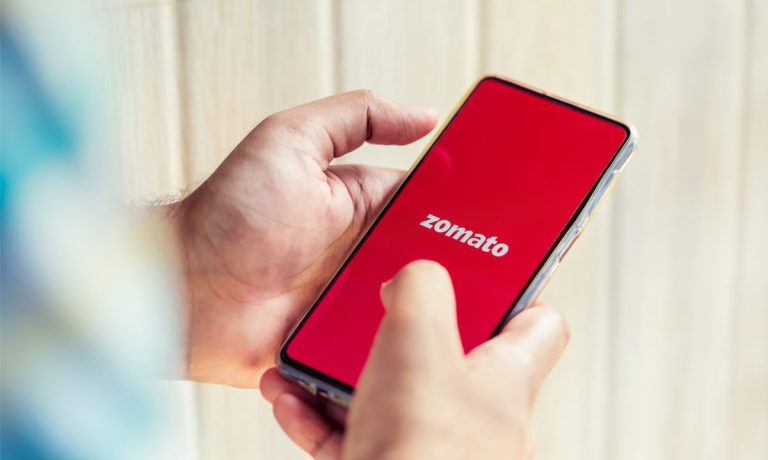Zomato Bolsters Invoice Bazaar Partnership to Deliver Working Capital to Restaurants

Invoice Bazaar, a Dubai-based inclusive finance platform, is renewing its partnership with food delivery company Zomato to help bring working capital to Zomato restaurants in the United Arab Emirates (UAE), the companies announced Wednesday (March 23).
Invoice Bazaar and Zomato initially began working together in 2021 in response to the pandemic.
The preliminary rollout saw Invoice Bazaar sending out more than 10 million AED ($2.7 million) in financing, which helped Zomato-partnered restaurants reorient and build business, with a new primary focus on deliveries. Per the release, this also helped ease the burden on supplier payments.
The release noted that restaurants are a big business segment in the UAE. However, those businesses have little access to traditional bank financing, which Invoice Bazaar will help through providing more capital.
The capital will be provided based on restaurants’ receivables and historic performance, along with other factors. Invoice Bazaar will be using its data-driven financial technology and network of lenders to help add more flexibility for restaurants.
“Invoice Bazaar is the perfect fit for our restaurants,” said Neha Sood, vice president, Zomato. “They are opening the doors to critical working capital finance and have already helped us to distribute more than 10 million dirhams. We look forward to continuing to work together to bring this inclusive financial opportunity to the more than 12,000 Zomato-listed restaurants across the UAE.”
Zomato also recently drew criticism over its plans for a new 10-minute food delivery service, which critics said could be dangerous for both drivers and riders.
Read more: Zomato’s 10-Min Delivery Plan Draws Criticism
Reuters said that Zomato CEO Deepinder Goyal had announced that “Zomato Instant” would use a network of food “finishing stations” to deliver restaurant food with a new prediction algorithm.
“Nobody in the world has so far delivered hot and fresh food in under 10 minutes at scale,” Goyal wrote on LinkedIn and Twitter. “We were eager to be the first.”
However, the response was less enthused — some said the quick delivery times would endanger drivers, while other critics said it would put “undue pressure” on the delivery workers.